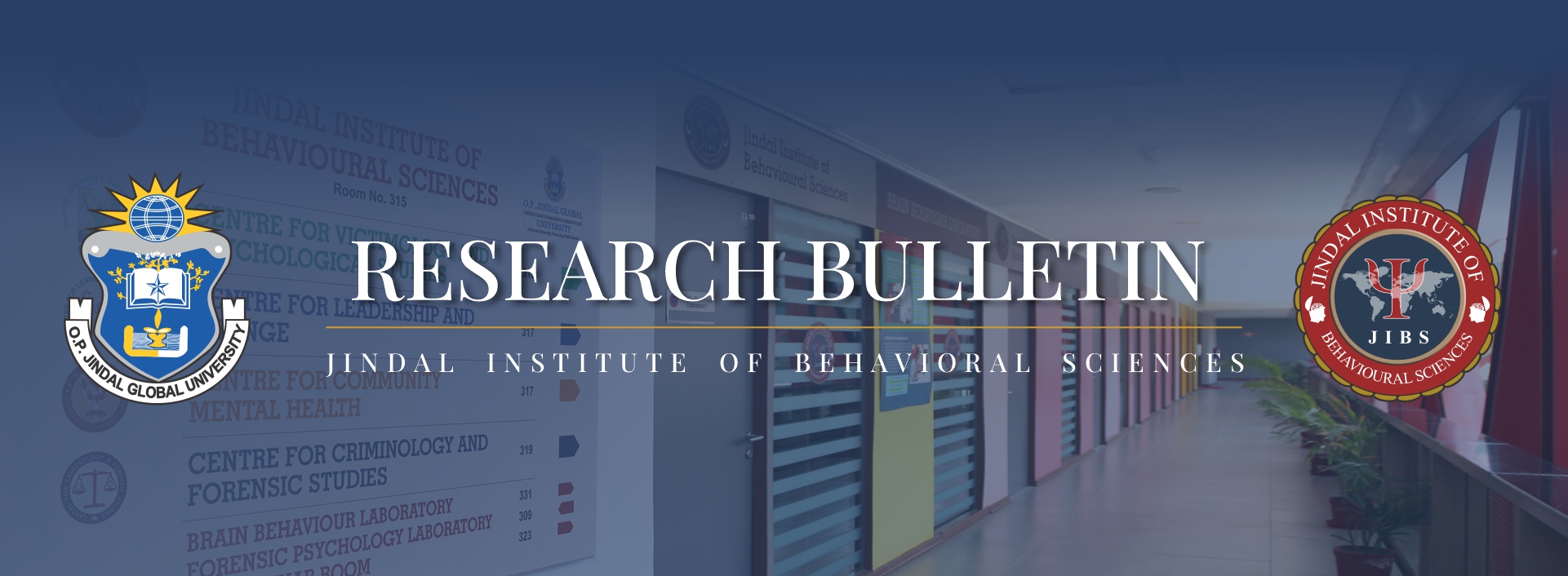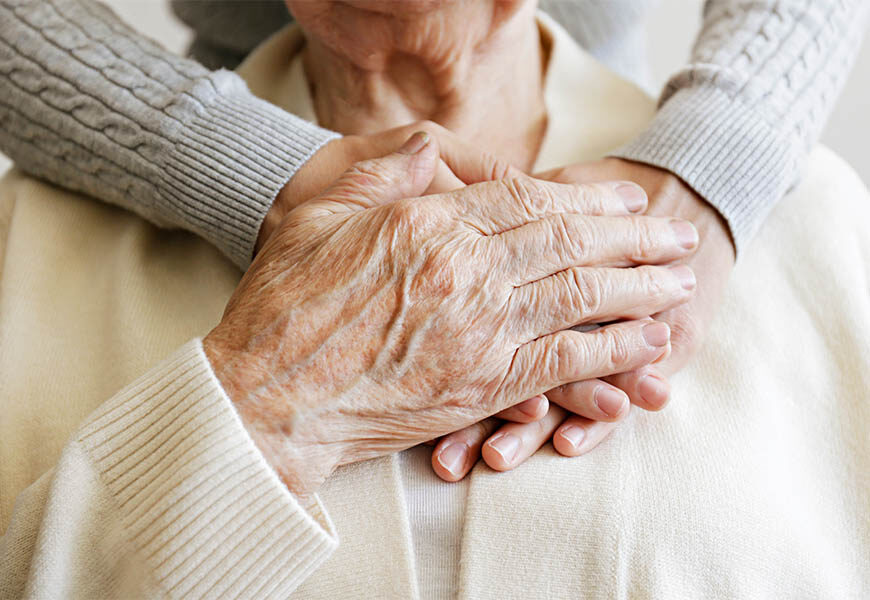Research Bulletin

Vol.3 Issue 2 | February 2024
The Jindal Institute of Behavioural Sciences (JIBS) research bulletin presents an overview of recent research published by the faculty and research scholars at JIBS organised under different themes.
Dr. Shilpa Bandyopadhyay

Family Care: Exploring perspectives on old age homes in contemporary India.
In the sphere of Gerontological research in India, the lives and experiences of old age home (OAHs) residents remain sidelined, despite garnering media attention. The present study aimed to address this gap by exploring the living experiences of OAH residents and by understanding the views of community-dwelling older persons on OAHs in contemporary India. Data was collected from 36 older community dwellers and 27 OAH residents of Delhi NCR through interviews and mini focus group discussions. Reflexive thematic analysis generated three key themes regarding community dwellers’ views about OAHs: A necessity or a necessary evil; paid private homes: A notch above; and family care with formal assistance. Analysis of the OAH residents’ data generated four themes and five sub-themes related to OAHs feeling like home albeit with a difference, the sense of safety they may offer, adjustment, family dynamics, etc. The study offers a nuanced picture of OAH living along with illustrating the complexity in the acceptance of OAHs in India. Read Here…
Dr. Iryna Soroka

Psychological and pedagogical aspects of adaptation of students who received temporary shelter to the educational environment of another country.
The study focuses on determining the features of social and psychological adaptation of students who have experienced changes in the ethnocultural and ethnopolitical environment due to forced migration, owing to the hostilities in Ukraine. It relied on questionnaires, monitoring student satisfaction, and indexing the level of adaptation to learning. The data was analysed using Pearson correlation coefficient, Cronbach’s alpha reliability coefficient, Kolmogorov-Smirnov test, t-test, and one-way ANOVA. The overall level of student satisfaction with their higher education institution (HEI) was found to be 75%. Quality of teaching and favourable environment for learning and personal development was rated at 80%, communication and interaction with fellow students was 55%, and organisation of the educational process and the schedule was rated at 65%. Read Here…
Faculty Coordinators: Ms. Bhavya Tandon & Ms. Samreen Chhabra
